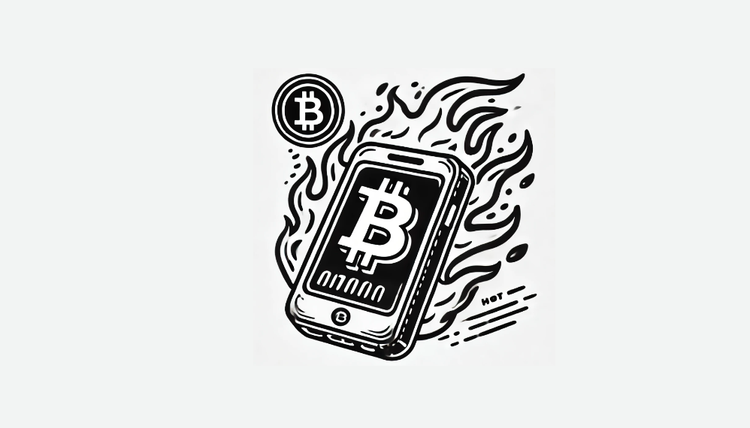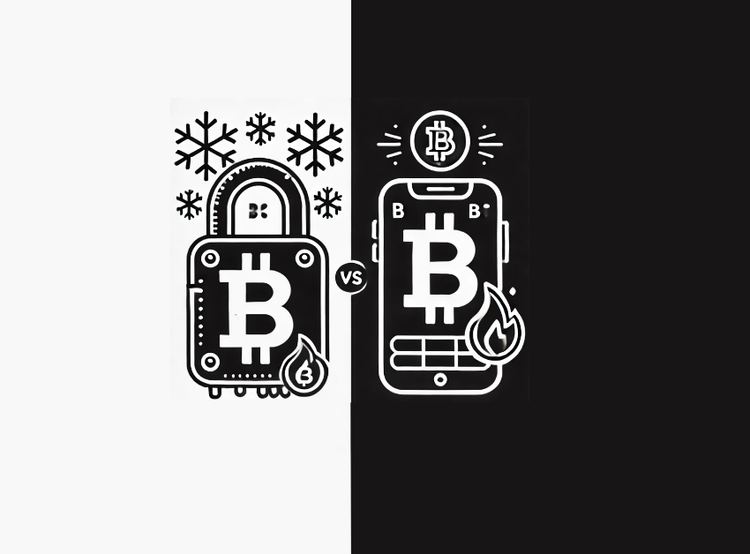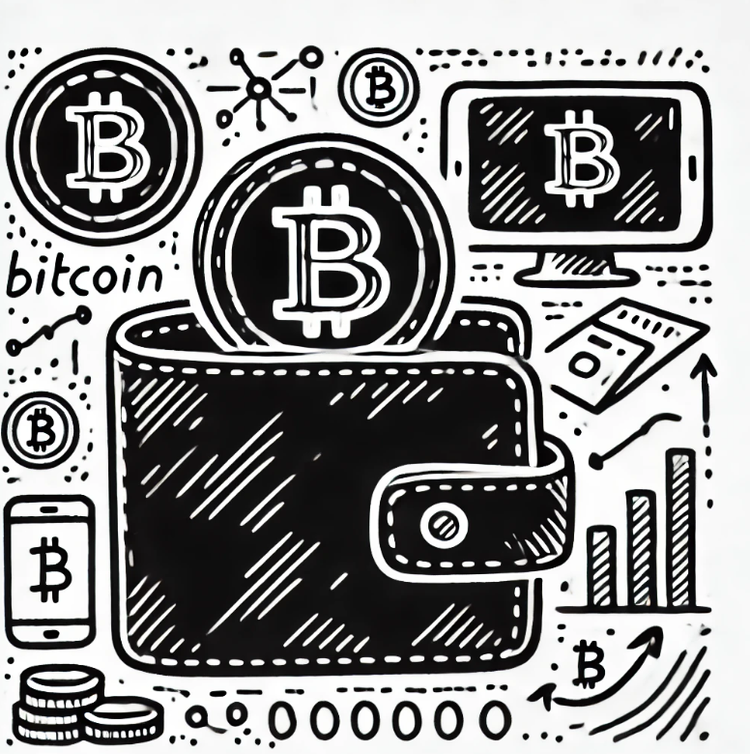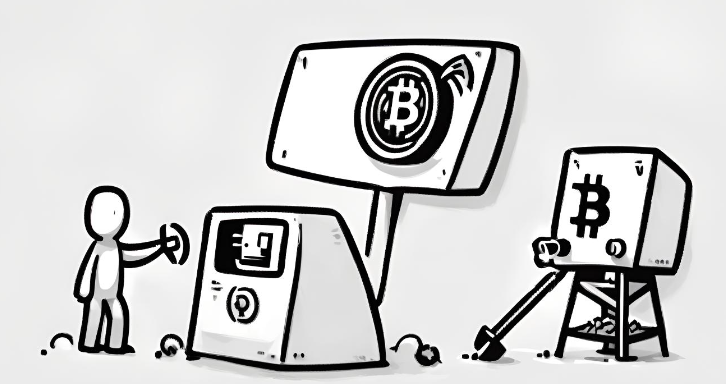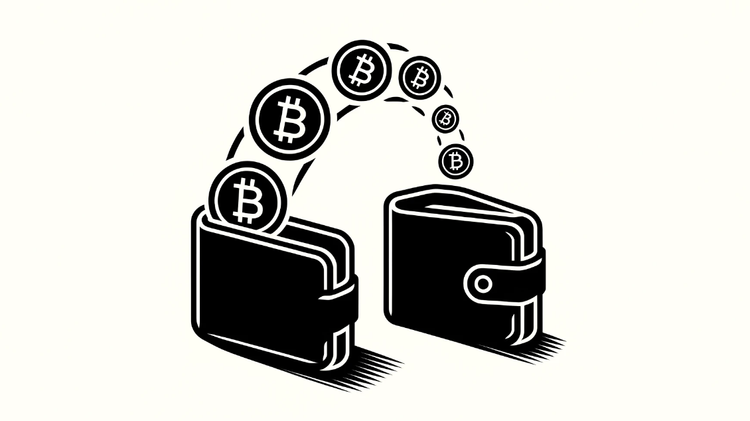What is a Cold Wallet?
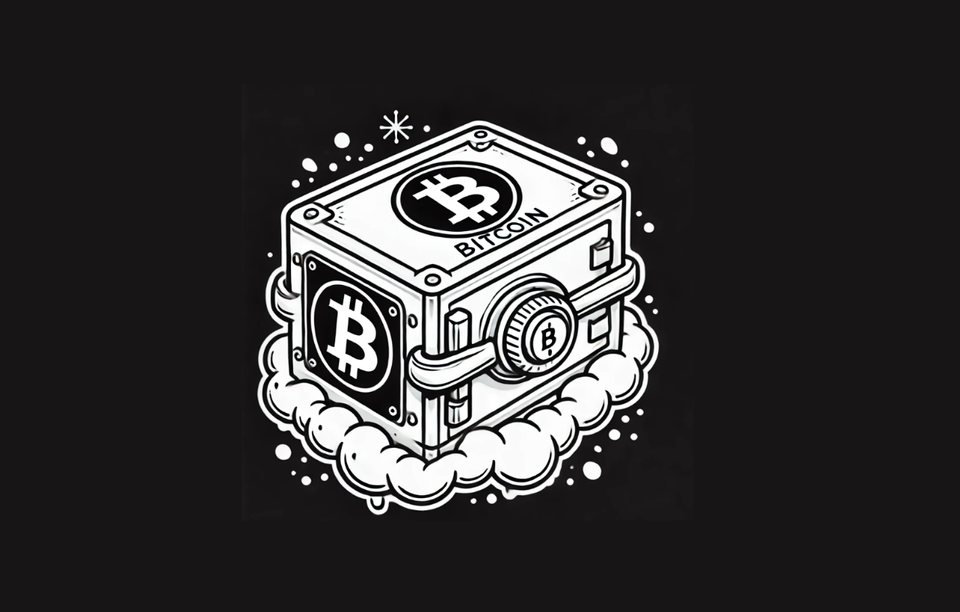
A cold wallet is a type of wallet that is not connected to the internet.
It provides a secure way to store, send, and receive Bitcoin easily offline.
This article will explain what a cold wallet is and why it's important.
What is a Cold Wallet?
A cold wallet (cold storage) keeps your Bitcoin completely offline, away from any internet connection.
This places the private key 100% in your hands.
This also makes it nearly immune to hacking attempts, malware, and other online threats.
Think of it as a secure vault where you store your valuables, as opposed to a regular wallet that you carry around with you.
Types of Cold Wallets
There are several types of cold wallets, each with different features:
Hardware Wallets: These are physical devices that securely store your private keys offline. Our recommended hardware wallet solution is COLDCARD, but there are also other reputable devices. They are highly secure and portable, making them the best choice for long-term storage.
Paper Wallets: A paper wallet is simply a piece of paper with your public and private keys printed on it. While this method is entirely offline, it’s only as secure as the physical paper, which can be lost, damaged, or stolen.
Air-Gapped Computers: These are computers that have never been connected to the internet. Users can generate private keys and sign transactions offline, adding an extra layer of security.
Cold wallets provide the highest level of security for storing Bitcoin because they are not exposed to online threats. They are ideal for storing large amounts that you don’t need to access regularly.
Since cold wallets are offline, they are nearly impossible for hackers to access. This makes them a safe option for protecting your coins from cyber-attacks and unauthorized access.
Cold Wallet Tips
While cold wallets are very secure, it's still important to follow best practices:
Keep Your Private Keys, Private:
Your private key is the most critical part of your wallet. If anyone gets access to it, they can move your coins. Ensure that your private keys are stored in a safe place, preferably in multiple secure locations.
Use Reliable Hardware Wallets:
If using a hardware wallet, choose a reputable brand like Coldcard. Never order a hardware device from a third-party website.
Cold storage is the best for long-term storage and large amounts of Bitcoin.
A good rule of thumb is to treat your Bitcoin like it is worth 10x what it currently is.
How?
1. Withdraw your bitcoins from exchanges to a cold wallet.
2. Back up your seed/recovery phrase properly.
3. Use strong passwords.
4. Use a password different from the one you use for a website for your wallet.
5. Use a hardware wallet if possible.
6. Check the URL carefully to ensure that you are not about to download a fake wallet or use a fake application.
7. Make sure you use only the official website for an app.
8. Do not enter your seed words on a website or online.
9. Avoid Public Wi-Fi when you’re doing Bitcoin transactions.
10. Use Two-Factor Authentication for your exchange.
